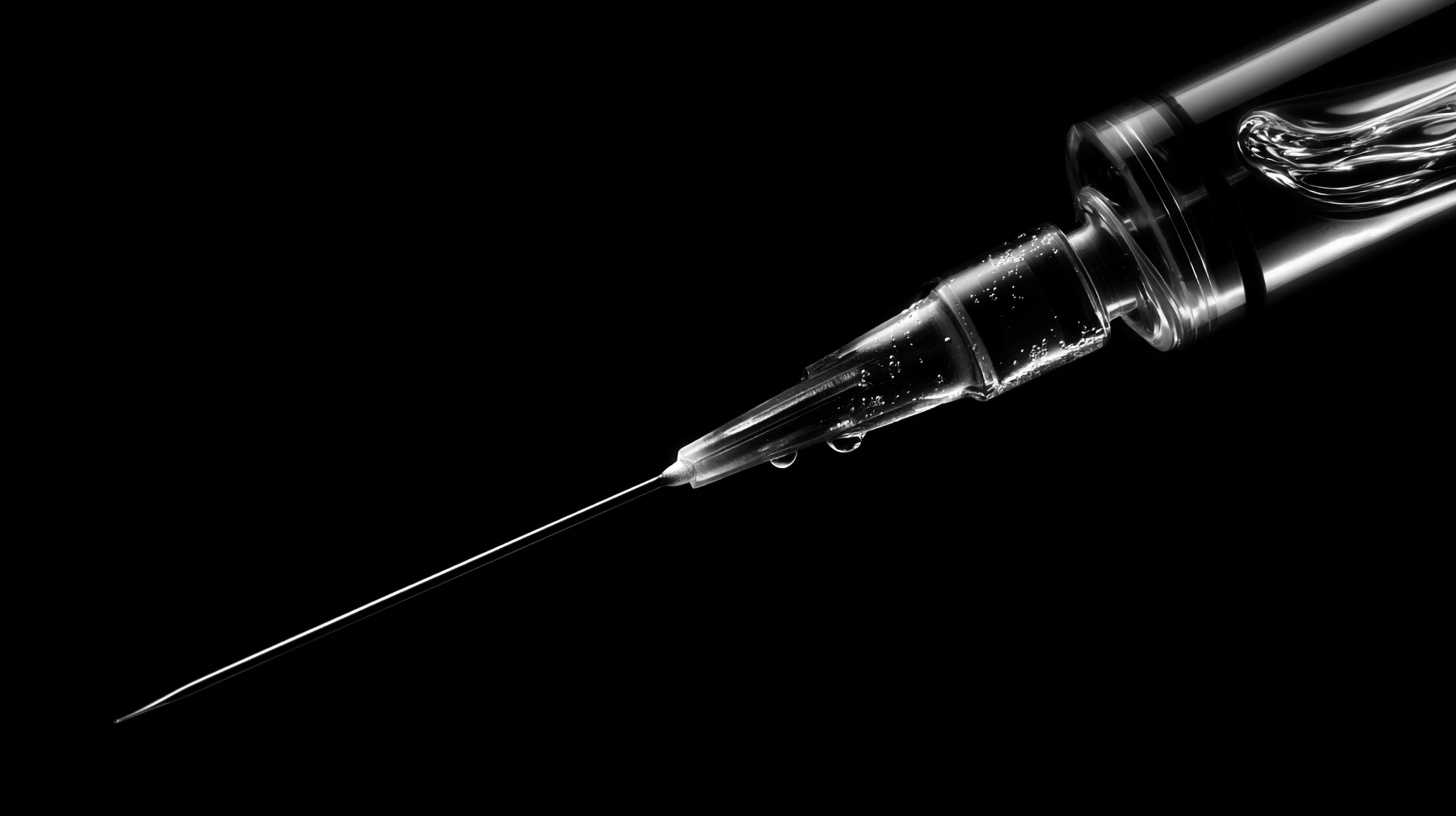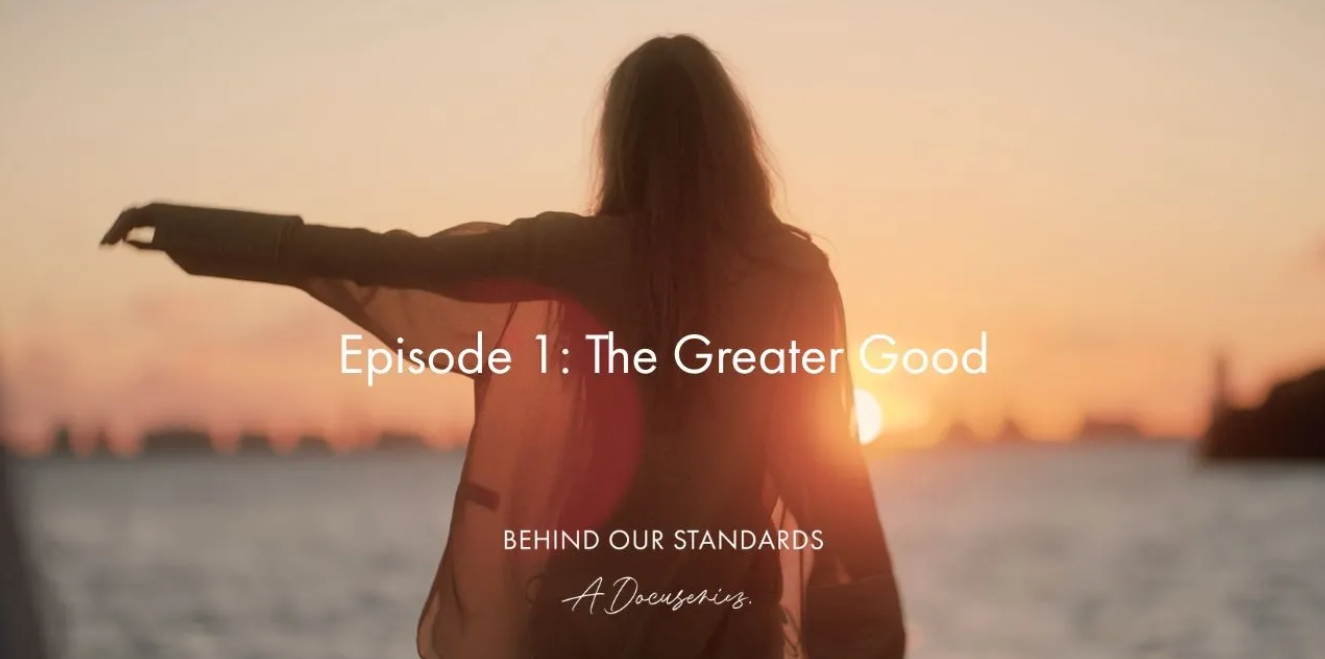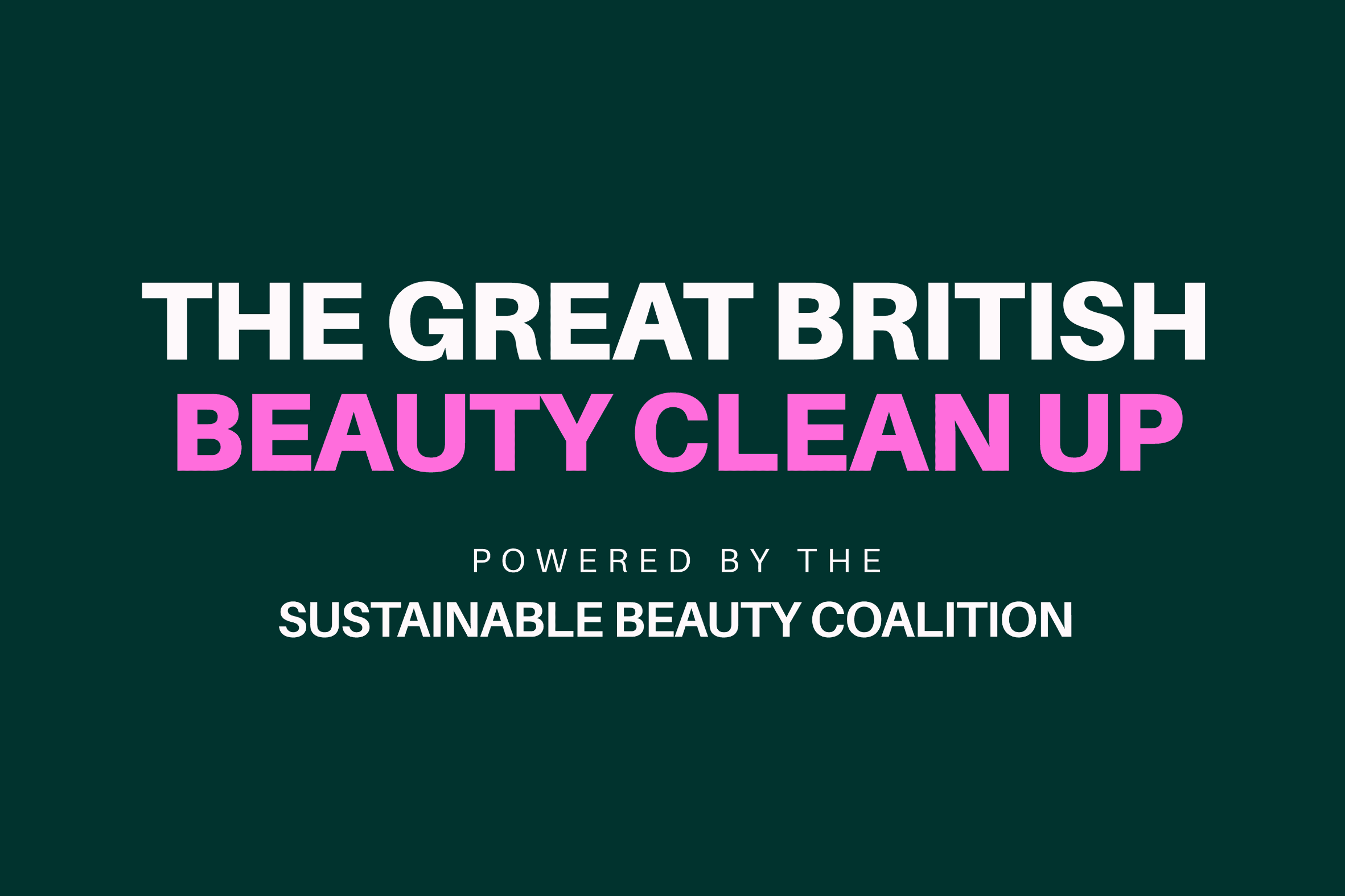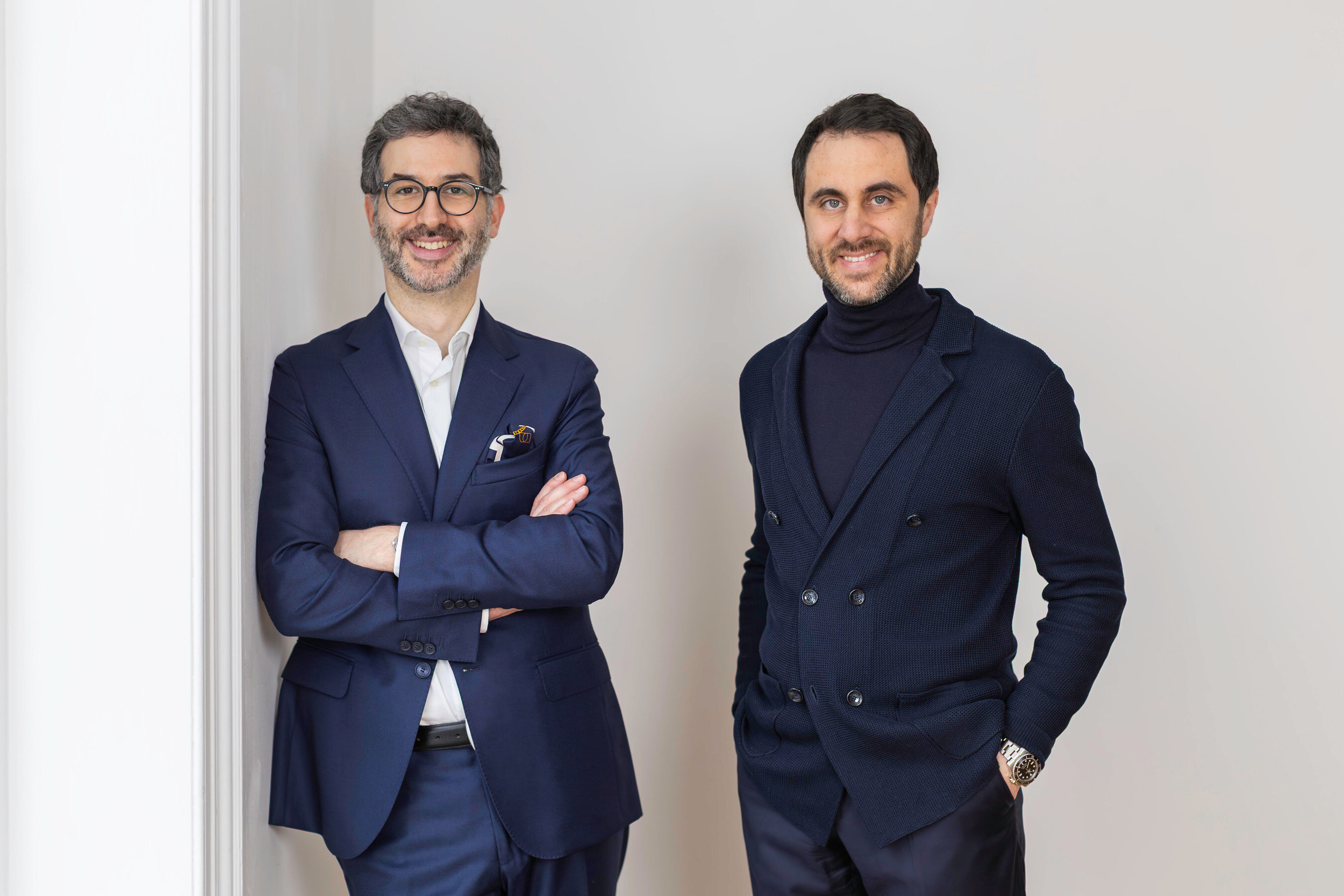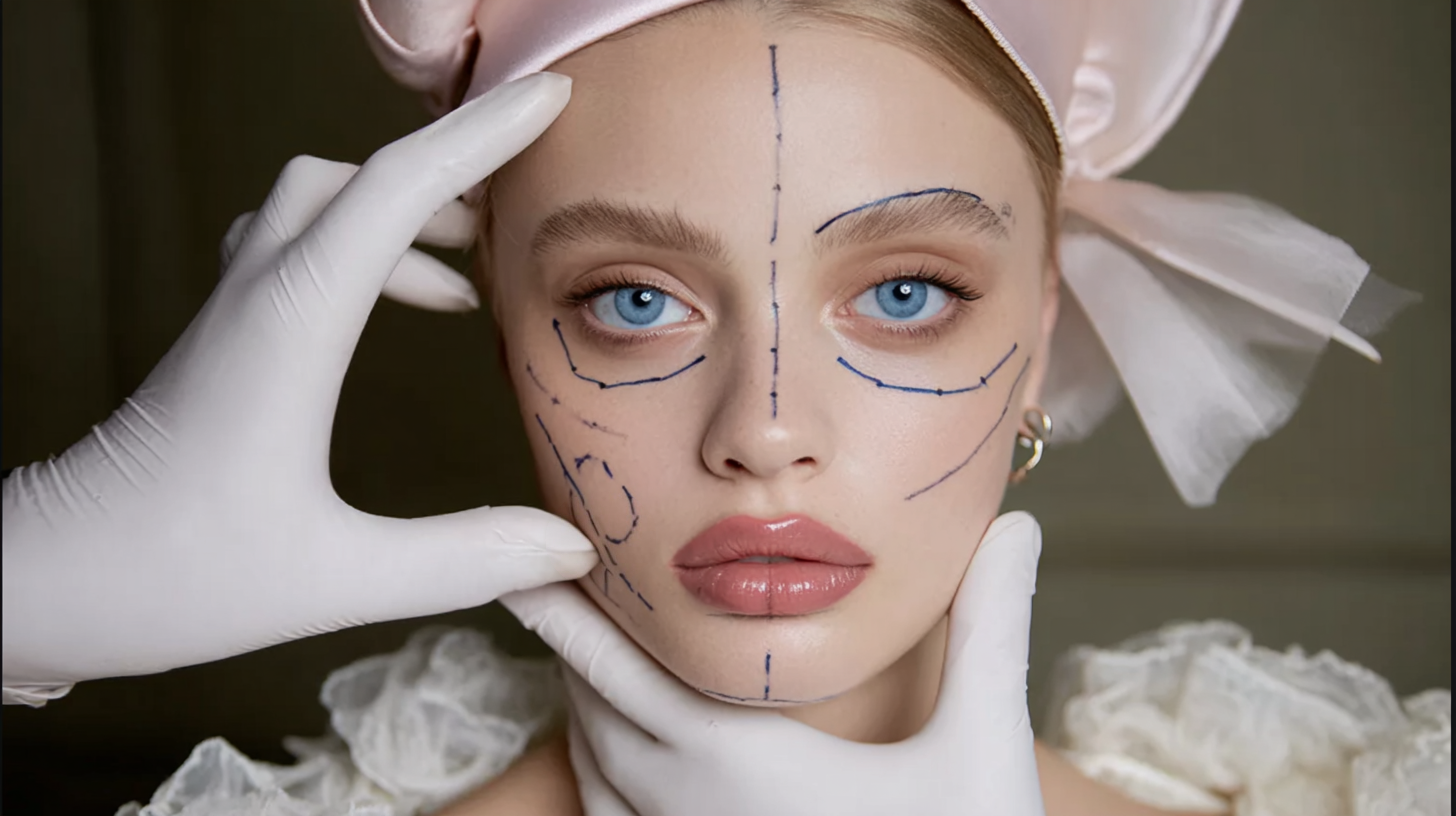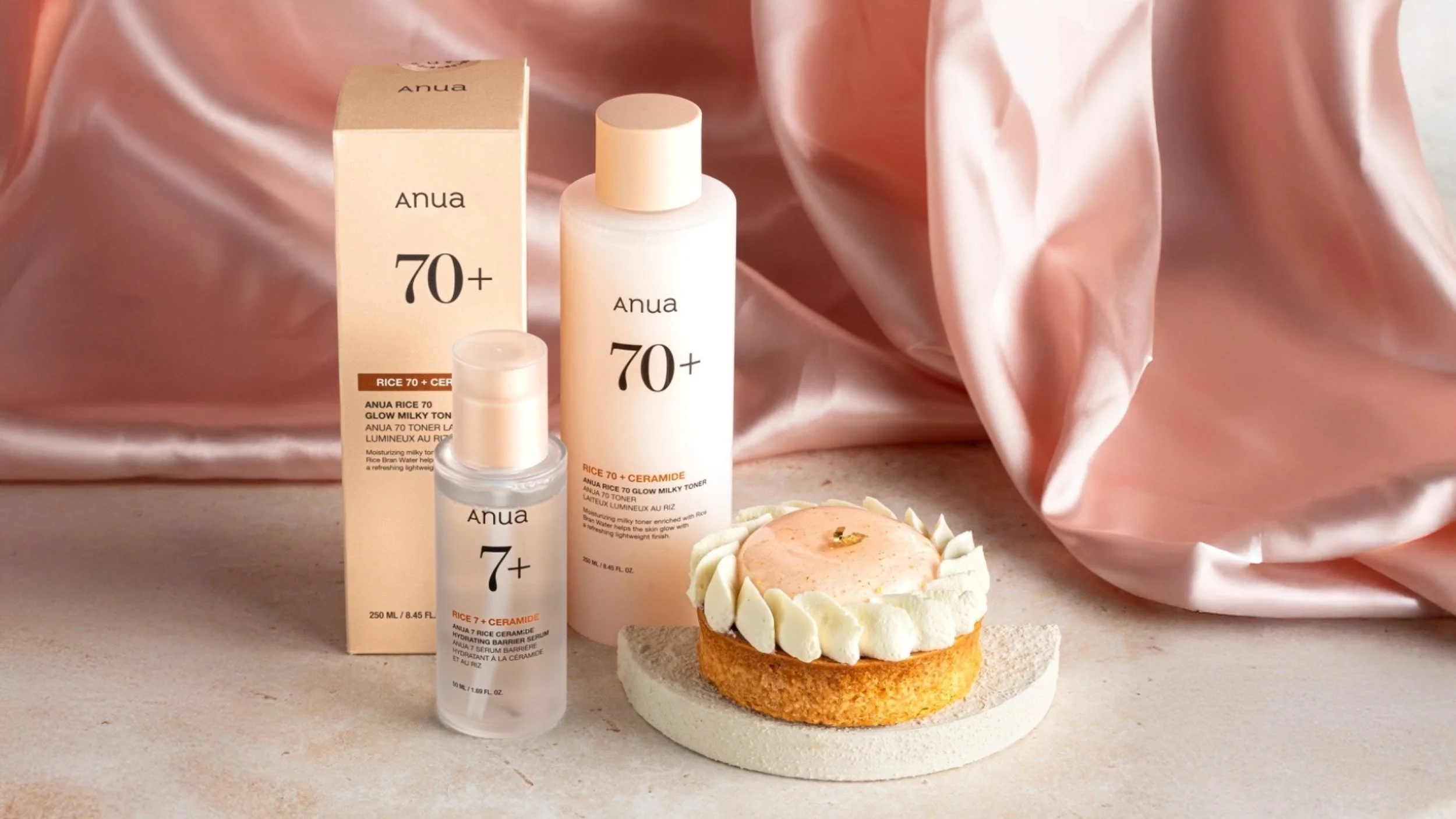28 Poisoned by Fake Botox and Left with Potentially Fatal Botulism
A public health investigation is underway in the North East of England after 28 individuals, including a mother of four from Bishop Auckland, were hospitalised with botulism following anti-wrinkle injections believed to contain counterfeit botulinum toxin.
The outbreak, described as "unprecedented" by local medical professionals, has raised alarm across both the healthcare and aesthetic sectors. Patients affected were treated at University Hospital of North Durham, a facility that in a typical year sees no cases requiring botulism antitoxin. On one night alone, five individuals were admitted to A&E with symptoms including facial paralysis, difficulty swallowing, and extreme fatigue.
Nicola Fairley, 37, was one of them. She experienced rapidly worsening symptoms after receiving what she thought was a routine Botox treatment. Within hours, her eye swelled shut, her face began to droop, and her ability to eat and speak deteriorated. Fairley had received the injection as a prize from the same practitioner she’d used previously, unaware the product was unlicensed and potentially dangerous. “There needs to be more rules and stricter guidelines on who can do it,” she told the BBC. “It’s part of your beauty regime like getting your nails done or your hair.”
Botulism is a rare but life-threatening condition caused by exposure to botulinum toxin in uncontrolled doses. Although botulinum toxin is commonly used in aesthetic medicine, it must be licensed and correctly administered to avoid systemic toxicity. Only seven brands of botulinum toxin are authorised in the UK, and any product sourced outside these channels is considered illegal.
The Medicines and Healthcare Products Regulatory Agency (MHRA) has confirmed it is investigating the illegal sale and supply of counterfeit Botox-like substances in the region. Chief Safety Officer Dr Alison Cave warned that buying unregulated products significantly increases the risk of exposure to falsified medicines. The agency’s criminal enforcement unit is now involved.
Aesthetic doctor Steven Land, who has repeatedly flagged concerns about cheap and suspect injectable offerings in the North East, said he receives weekly offers from “fake pharmacies” selling toxin at impossibly low prices. “If you’re being offered three areas for under £150, that’s a red flag,” Land said. “You have to ask where the product is coming from.”
The situation has placed strain on hospital resources. With so few botulism cases recorded nationally — just six in all of England in 2023–24 — hospitals do not stock large quantities of the equine-derived antitoxin required for treatment. Internal communications seen by the BBC confirm that Durham was forced to source emergency supplies from Newcastle, Carlisle, Leeds, and London as the number of affected patients climbed.
The UK Health Security Agency, in collaboration with Durham County Council and other partners, has convened an incident management team to trace the origin of the toxic injections. Investigators are trying to determine whether the adverse events were due to the potency of the toxin or the method of administration.
The Department of Health and Social Care reiterated that inadequately trained operators are putting lives at risk and confirmed that new regulations are under consideration. Until then, medical professionals are urging the public to remain vigilant and to only seek aesthetic treatments from qualified, insured practitioners able to demonstrate the provenance of their products.
As Nicola Fairley continues to recover, she warns others to ask questions and not to be swayed by cost. “This has put me off completely,” she said. “I just hope people realise what they’re putting into their faces.”

